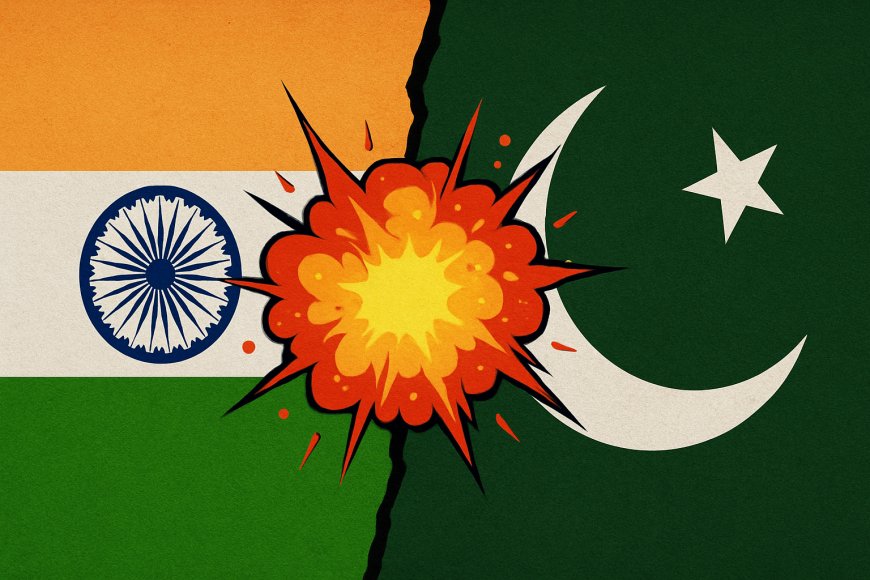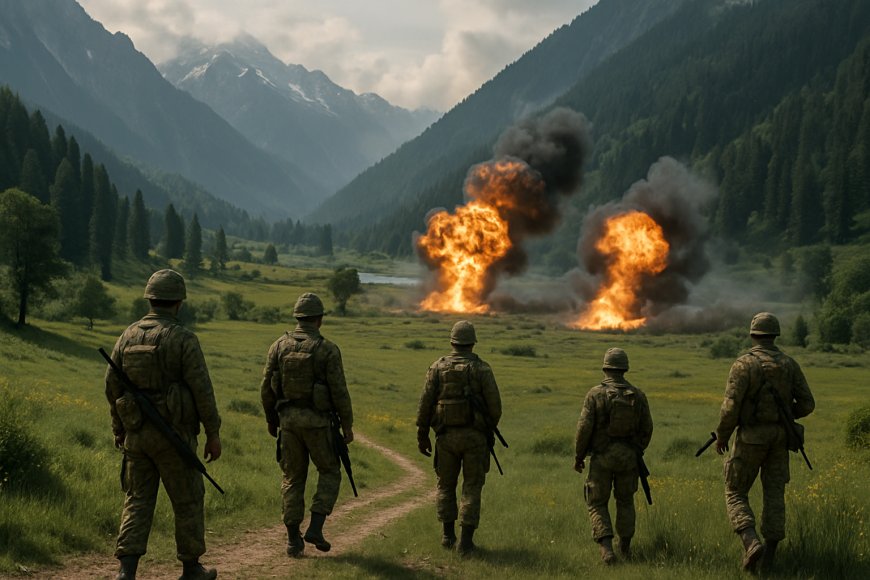India-Pakistan Military Strikes: A Deep Dive into Escalating Tensions After the Kashmir Attack
Explore the 2019 India-Pakistan military strikes, their roots in the Kashmir conflict, global reactions, and future risks. Dive into facts, history, and untold impacts.
The Spark: Kashmir Terrorist Attack Ignites Military Retaliation
The 2019 Pulwama suicide bombing in Indian-administered Kashmir, which killed 40 Indian paramilitary personnel, marked a turning point in India-Pakistan relations. India accused Pakistan-based militant group Jaish-e-Mohammed (JeM) of orchestrating the attack, leading to unprecedented cross-border airstrikes. Two weeks later, India conducted "surgical strikes" on alleged terror camps in Pakistan-administered Kashmir, escalating tensions to a near-war footing. This bold move sparked global alarm, with explosions reported near the Line of Control (LoC) and both nations scrambling jets.
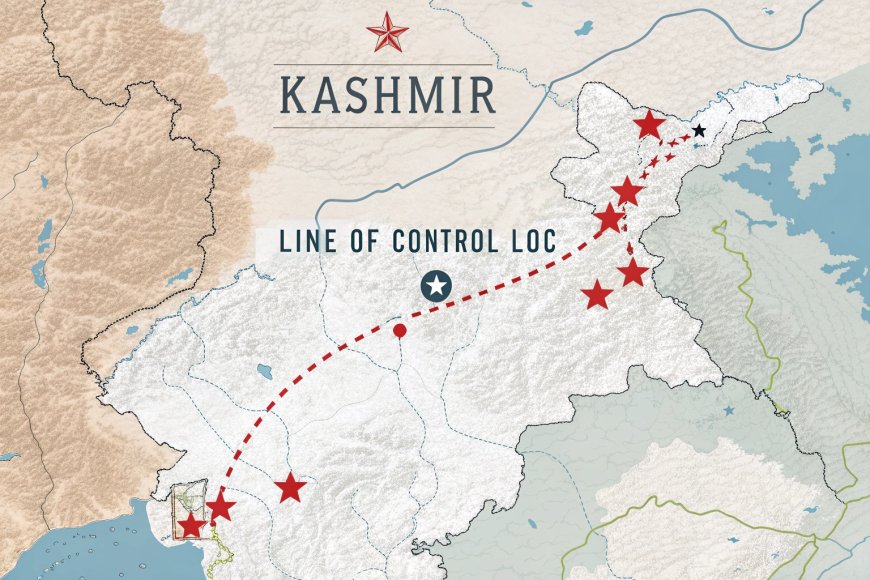
India-Pakistan military conflict in Kashmir mountains
Military Strikes: Tactics, Technology, and Global Reactions
India’s retaliatory strikes leveraged advanced weaponry, including Mirage 2000 jets and Israeli-made SPICE-2000 guided bombs. Pakistan countered with its own air defense systems, capturing an Indian pilot and temporarily holding him captive. The international community, including the U.S., China, and the UN, urged de-escalation. However, the strikes exposed the fragility of the region’s geopolitics, with nuclear-armed neighbors toeing a dangerous line.
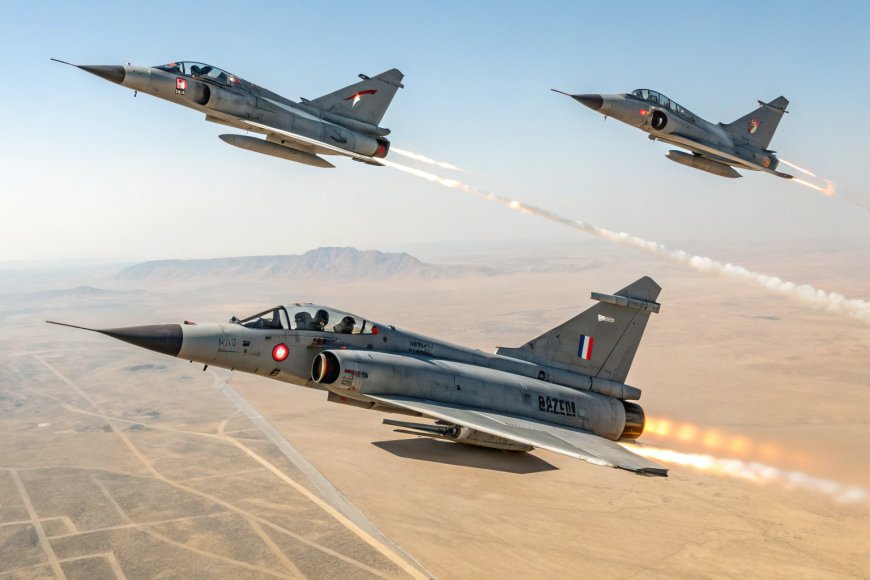
Indian Air Force Mirage 2000 jets during surgical strikes.
Historical Context: Why Kashmir Remains a Tinderbox
Kashmir’s disputed status dates back to 1947, when India and Pakistan gained independence. Three wars and countless skirmishes later, the region remains a flashpoint. Pakistan-administered Kashmir and India’s Jammu & Kashmir are both claimed in full by each nation. The revocation of Article 370 by India in 2019, stripping Kashmir’s autonomy, further inflamed tensions. Militant groups exploit this volatility, perpetuating cycles of violence.
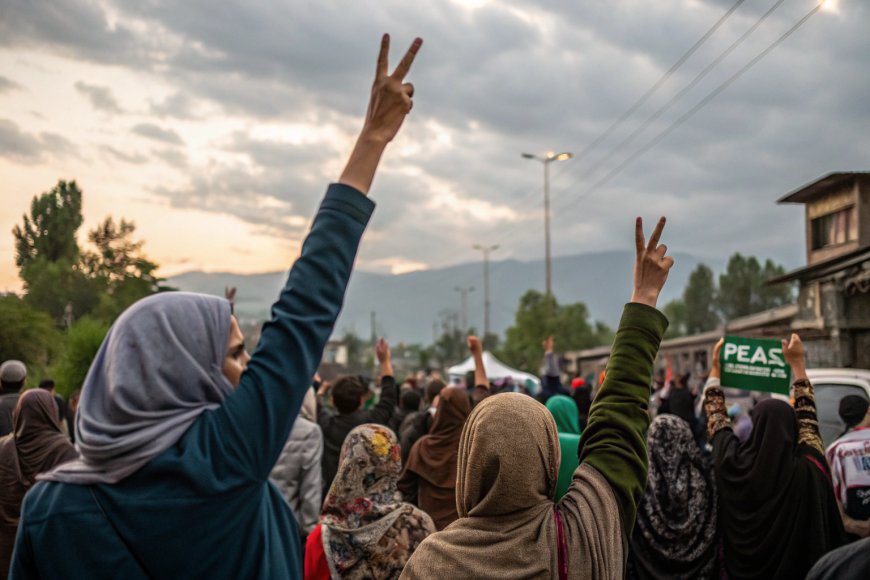
Kashmiri civilians protesting for peace amid India-Pakistan tensions.
Economic and Human Costs: The Ripple Effects of Conflict
Beyond geopolitics, the strikes disrupted trade, tourism, and daily life. India-Pakistan bilateral trade, already strained, plummeted to 330 million in 2023 from 2 billion in 2018. Civilian casualties in cross-border shelling and displaced families underscore the human toll. Experts warn that prolonged conflict could destabilize South Asia’s economy, impacting global supply chains.
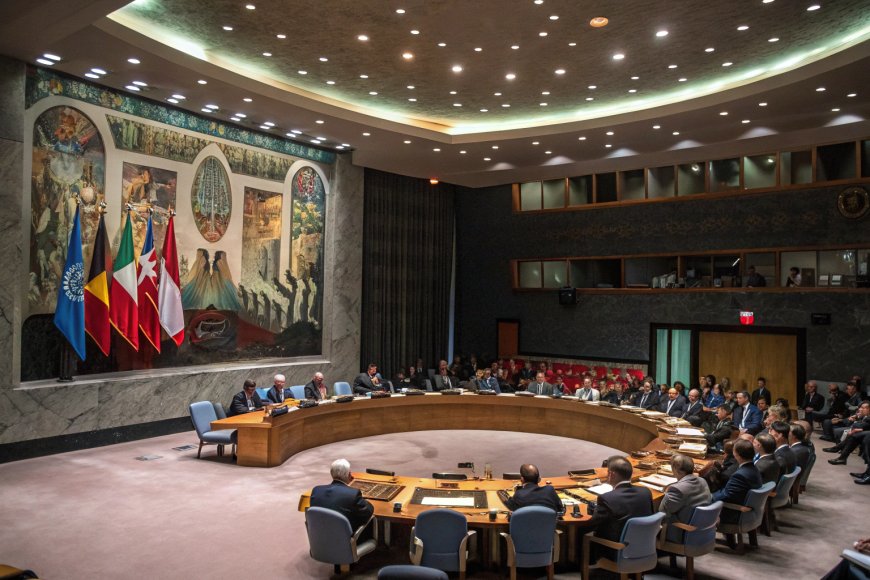
United Nations emergency session on India-Pakistan military strikes.
Global Implications: How the World Watches and Reacts
The U.S. faces a diplomatic tightrope, balancing its strategic partnership with India and Pakistan’s role in Afghan peace talks. China, Pakistan’s ally, has cautiously advocated dialogue while investing heavily in the China-Pakistan Economic Corridor (CPEC), which traverses Kashmir. Meanwhile, Gulf nations like Saudi Arabia and UAE have mediated behind the scenes, fearing regional instability.
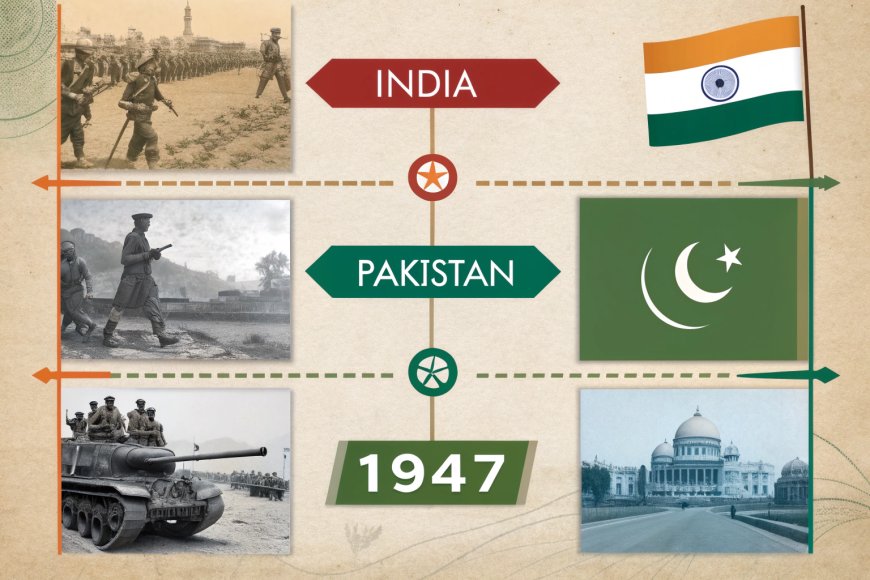
Historical timeline of India-Pakistan wars and Kashmir disputes."
The India-Pakistan conflict is a volatile mix of historical grievances, territorial pride, and modern militarism. While strikes like those in 2019 project strength, they risk catastrophic escalation. The world watches nervously, aware that diplomacy, not drones, may be the only path to lasting peace.
The Road Ahead: Diplomacy or Disaster?
India’s GDP growth slowed to 4.1% in Q1 2023, with defense spending diverting funds from healthcare and education. Pakistan’s inflation hit 35%, making insulin unaffordable for millions. Economists warn of a 1970s-style stagflation: rising prices + stagnant wages = societal collapse.
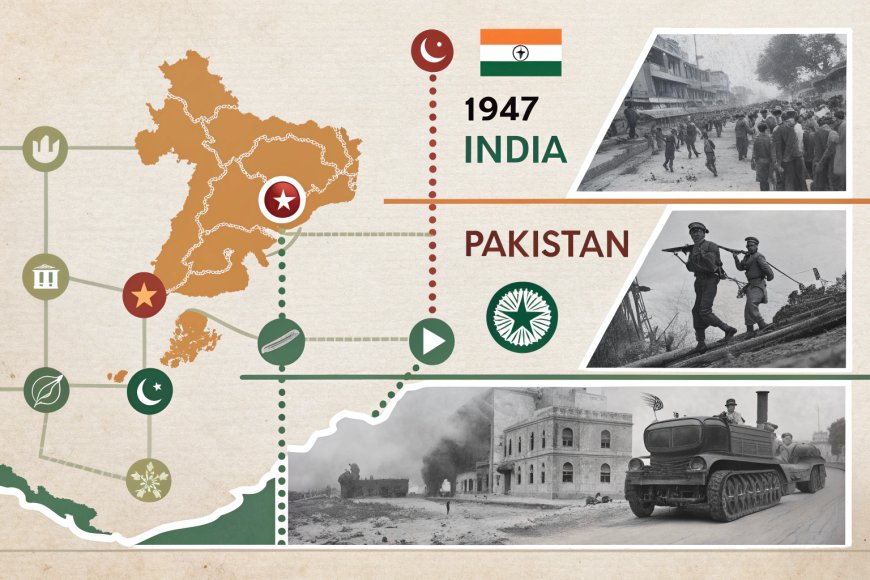
Historical timeline of India-Pakistan wars and Kashmir disputes."
The 2019 strikes underscore how quickly Kashmir’s frozen conflict can thaw into chaos. While nationalism fuels military posturing, the human and economic costs demand urgent diplomacy. As global powers navigate this powder keg, the hope for peace lies not in bombs, but in bold dialogue.
What's Your Reaction?











































